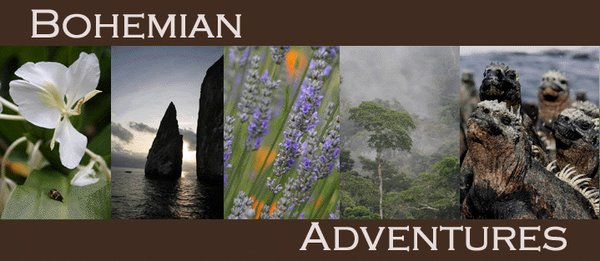 seen her columns in O the Oprah Magazine, but never knew about this book. So it's a memoir about her experiences outgrowing the confines of a ritualistic religion and finding a faith that fit her spirit. I resonated with that because my own book, which my agent is sending out the proposal to this week, deals with losing my own childlike faith to atheism, becoming a scientist but then finding my faith again - a Christian faith but not a fundamentalist one.
seen her columns in O the Oprah Magazine, but never knew about this book. So it's a memoir about her experiences outgrowing the confines of a ritualistic religion and finding a faith that fit her spirit. I resonated with that because my own book, which my agent is sending out the proposal to this week, deals with losing my own childlike faith to atheism, becoming a scientist but then finding my faith again - a Christian faith but not a fundamentalist one.It's rare to have a sort of Eureka moment, but I had one reading her book. On my bathroom mirror, I have a paper with graphic of a white dove with an olive leaf in its beak, along with a Deepak Chopra statement: “When you die, God holds your heart in one hand and a feather in another. If your heart is as light as a feather you know you have evolved.” I've always loved this Chopra saying but I didn’t know how to square it with Christianity, exactly. In the Bible, Jesus says that unless you become like a little child, you will not enter the kingdom of heaven (Matthew 8:13). Here's where the revelation comes in.
Martha says she read about many different spiritual experiences and religions and mentions this parable of evolution of the spirit from 'camel' to 'lion' to 'child.' I was running while listening to the CD and now I can't find the exact place on the CDs where she talks about this. I'd thought she said it was from a Buddhist or other spiritual tradition, but I've traced it back to Nietzsche's Thus Spoke Zarathustra, his most well-known book. I can't tell if the concept originated with him, or came from another spiritual tradition and Nietzsche put it into a work of fiction to illustrate the concept. If anyone knows, please tell me as a Google search did not turn anything up other than Nietzsche! Now Nietzsche was against religion, so this is interesting, but one has to think outside the box and not just condemn everything that is not directly from a religious person because all people, I believe, are God's children and we all have some divine wisdom which we impart on the world, even while we may also be wrong in some aspects of our own wisdom and our own beliefs. The way this spiritual maturation process squares with Christianity and also other religions - as well as with psychology - is amazing, if you synthesize everything.
The stages represent how the spirit must sojourn in order to become creative, or truly free - which is of particular interest to me because I recently read Scott Peck's People of the Lie in which he defines evil as that which opposes the creative life force (consistent lying, confusion, and hiding behind a pretense of being good). God is Creator, after all, and we humans,"made in His image," also create - we bear children, we write, we build, we create art, we create societies and cultures. The camel stage represents submission to external rules, and the willingness to bear the burdens of religious teaching. But taking on this burden drives the came into the wilderness or desert (also rich with imagery from Jesus' time in the desert wilderness). There the camel confronts the dragon, which is evil and must be overcome to ultimately progress to the lion stage. The lion rebels against authority and takes on its own authority, its own wisdom. And camels (which most religious people are) often feel threatened by those in the lion stage.
In my memoir I'm working on (about science/faith), I relate this to the stage of atheism and rebellion against religious rules. But the rebellion has to occur after the camel stage to truly grow spiritually into the next stage, the child. A metamorphosis occurs. Martha describes the child as a stage of joy and laughter. That was what the revelation was for me. It seems so obvious now! I have been chasing joy for so long, but it's not something one can chase. It's a butterfly that will arise only when one metamorphosed beyond the lion stage. I've rebelled from religious rules for some time now, and I've taken on the authority of the lion for some time. Joy comes in bits and pieces. It will come, I can't choose it. It must find me, as I move along my journey.
It never made complete sense to me Jesus' parable about the child, because I didn't understand what he meant by "child." Certainly it was not the "blind faith" that some Christian leaders say it is, because that opposes truth and God is Truth. But it makes complete and absolute sense that it refers to the childlike joy and laughter that is so natural to kids, that they unfortunately grow out of and get squashed out of them by the burdens of the world. It's our duty, and our spiritual imperative, to seek the joy by embarking on the journey to wholeness and maturity. Unless we become like the little child, we will not see the kingdom of heaven... that does not mean we will not "get to heaven" after life, it means we will not see the kingdom of heaven on earth - in our lives - which we can achieve if we seek God with our whole hearts, minds, soul, and strength. Amen!







No comments:
Post a Comment